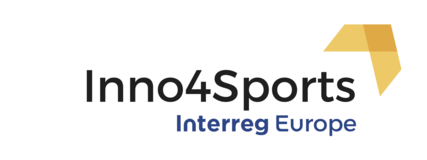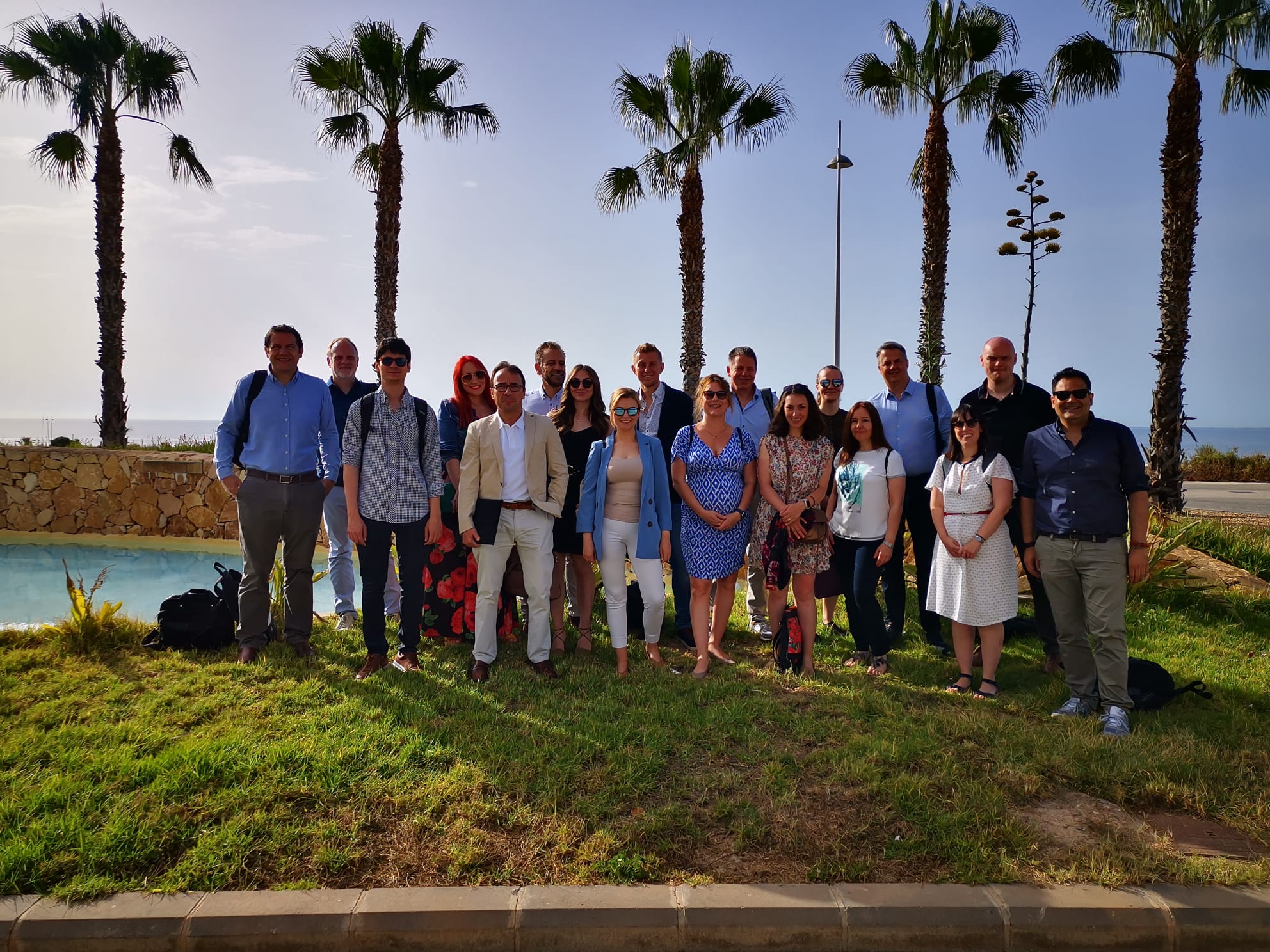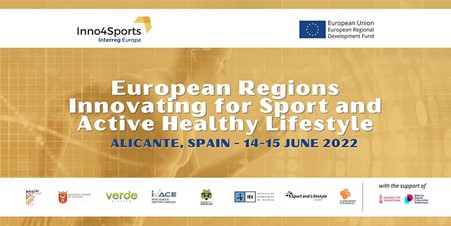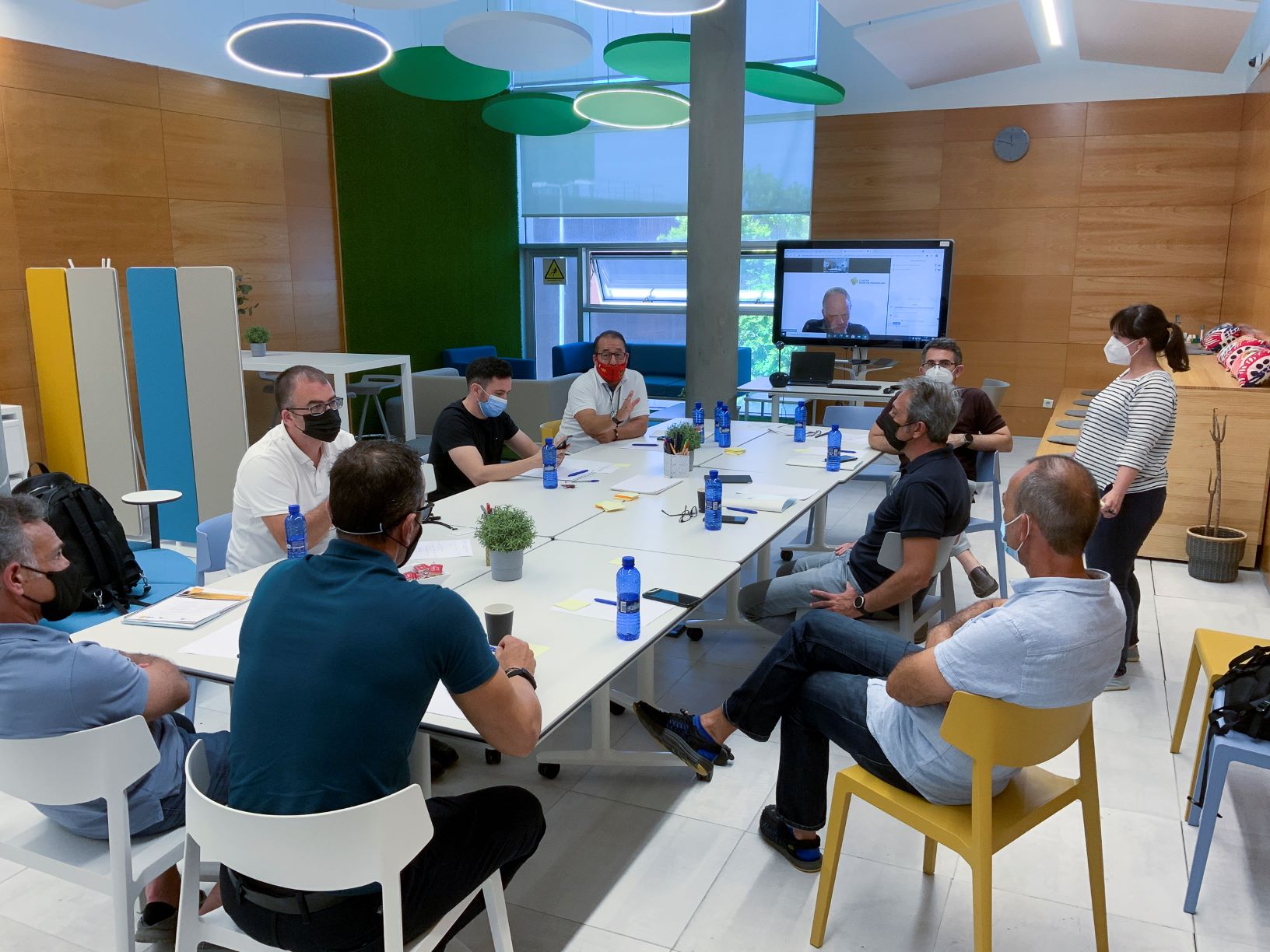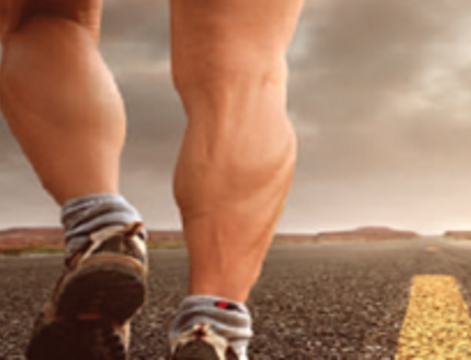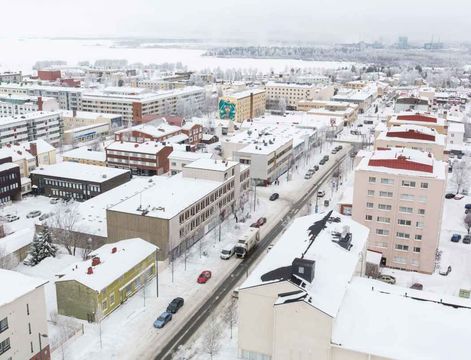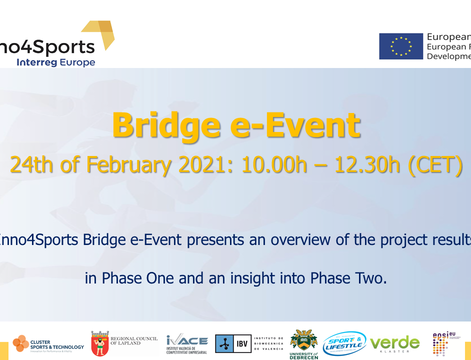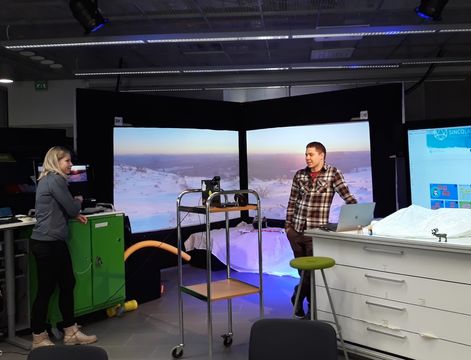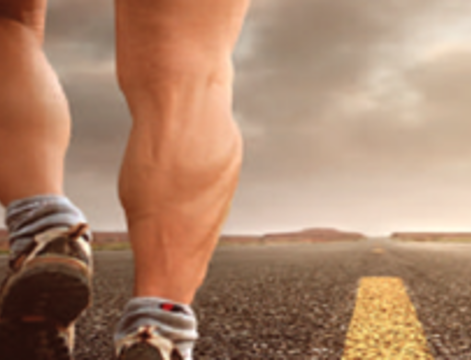AWW 4: Alfonso Ribarrocha, an industrial engineer from the UPV, is the General Manager of Action Park, a leading company in the aquatic leisure sector at international level. He has a deep experience in Economy for the Common Good and his company is nowadays under certification process for the Balance of the Common Good. Alfonso Ribarrocha talks to IBV about sports in Valencian Community.
Sport concept has evolved from restricted areas (the “stadium” paradigma) to open spaces, from natural to urban enviroment. Nowadays the greatest sport manias of the beginning of this century, such as trekking (and related activities) in the mountain and running in the city, are a big businnes but also an opportunity for a low cost physical activity Vs the sedentarism of our daylife.
Likewise watersports had an huge development in areas beside lakes, rivers or the sea. Since the dominance of fire and water represented an innovation milestone thtrough ages, watersports in urban context still represent a challenge. The “thermae” paradigma is also evolving towards aquatic facilities that re-define the design and the concept of watersports as known.
1.- From your long experience in the active sports and leisure facilities sector, what are the main lines of technological innovation that can change the future of the sector?
We are currently witnessing a technological revolution based on the IOT. There is no doubt that this issue will be important in our sector in the short term, however I do not consider this a true "revolution", but rather an adaptation of existing technology to new ways to connect with the enviroment (between us and the machines). In my opinion a true revolution will come hand in hand with new materials, more sustainable, possibly biodegradable, with minimal impact on the environment.
2.- How do you think a company could contribute to innovation in sports?
Our company is more related to aquatic leisure facilities. From our point of view, isolated companies are not going to contribute that much. I think cooperation between companies is fundamental, taking advantage of each one's strengths and compensating their weaknesses with the strengths of the others.
3.- You have a proven experience in aquatic leisure. What strengths and opportunities does Valencia have to become an outstanding region in sports innovation? And in aquatic leisure?
Indeed, our sector is aquatic leisure. Valencia has relevant facilities, but not in the proximity of Valencia capital. It is a pending task that we have and that should be resolved sooner rather than later. The climate and the experience of the local companies, together with the location in the Mediterranean and in Europe, play in favor. But it is essential to improve communications, especially with the rest of Europe. The Mediterranean Corridor should be completed as soon as possible and the Valencia airport should be strengthened.
4.- What measures, instruments, policies, ... could the different administrations deploy to exploit this potential?
More or less I have already mentioned them before, but I would add here the recognition of this collaboration between companies.
5.- Finally, thinking about cooperation with other European regions, what possibilities do you find most interesting?
I have always thought that our most natural environment is the Mediterranean. It is in this environment where we have the most development potential.
Have a look t Action Park: www.actionpark.es
